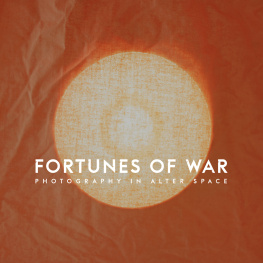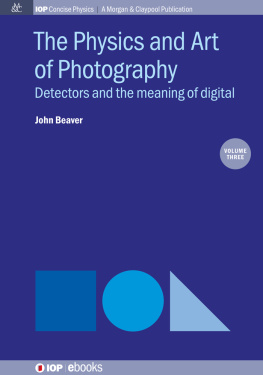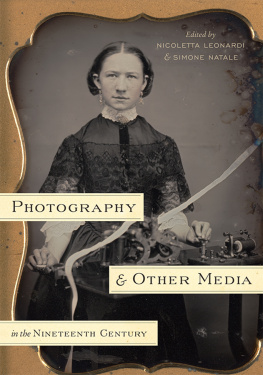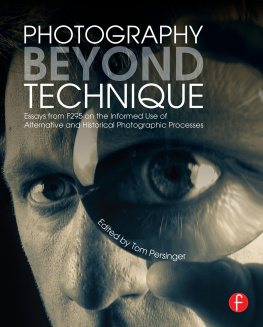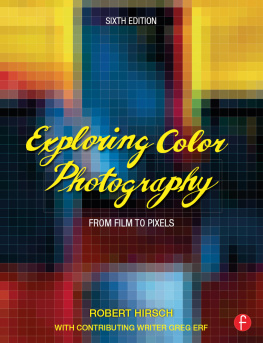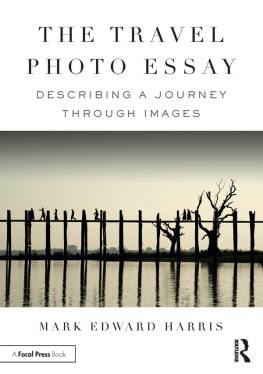Guide
FORTUNES OF WAR

First published in the UK in 2021 by
Intellect, The Mill, Parnall Road, Fishponds, Bristol, BS16 3JG, UK
First published in the USA in 2021 by
Intellect, The University of Chicago Press, 1427 E. 60th Street, Chicago, IL 60637, USA
Copyright 2021 Intellect Ltd
All rights reserved. No part of this publication may be reproduced, stored in a retrieval system, or transmitted, in any form or by any means, electronic, mechanical, photocopying, recording, or otherwise, without written permission.
A catalogue record for this book is available from the British Library.
Cover image and photographs: Eric Lesdema
Copy editor: MPS Limited
Cover designer: Aleksandra Szumlas
Production managers: Mareike Wehner and Helen Gannon
Typesetting: Holly Rose
Series editor: Alfredo Cramerotti
Hardback ISBN 978-1-78320-904-0
ePDF ISBN 978-1-78320-906-4
ePUB ISBN 978-1-78320-905-7
Critical Photography Series ISSN 2041 8345
Printed & bound by Severn
www.intellectbooks.com
This is a peer-reviewed publication.
CONTENTS
ALFREDO CRAMEROTTI
ANDREAS PHILIPPOPOULOS-MIHALOPOULOS
JAN BAETENS
JANE TORMEY
NICOLETTE BARSDORF-LIEBCHEN
GERALD MOORE
PAUL GOUGH
ANDREAS PHILIPPOPOULOS-MIHALOPOULOS
ERIC LESDEMA
ALFREDO CRAMEROTTI
I am keen to link cultural matters with scientific insights; and see if the two overlap or collide. For instance, Einsteins theory of general relativity, in its simplest form, advances the idea that the gravitational field, the system that conveys gravity (as an electric field conveys electricity) is not diffused through space; it is that space itself. Space is not something through which things move, distinct from matter; it is a material component of the world. As such, it is an entity whose form undulates, flexes, curves, twists. It curves where there is matter; it expands and contracts constantly, endlessly; it moves like the surface of the sea.
Similarly, culture (and its multiple and seemingly infinite products) is not a fixed thing. Even if at a first glance a work of art, building, speech, book, dance or film is shaped in a relatively fixed form or is presented as a given output, in reality it is subtler that it appears. It is never fixed in perennial state; it is subject to different uses, and is an invitation for reshaping, manipulation, interpretation, restaging, twisting. It is the same piece of art, but it is seen and perceived differently from what it has been in the past and will be in the future. As an electron is simply a series of jumps from one interaction to another i.e. it materializes only when interacting with something else, a cultural form only comes to existence when colliding with another one.
In quantum mechanics, no object (we are talking about particles here) has a position for good. It can only be detected when colliding with another object. Only then does it assume a definite position. We are left with the problem that we do not know where or when its components will reappear; we can only estimate through calculation the probability of them showing up here or there. Things, in other words, are made of elementary processes in which quanta of matter and space flow and continually interact with each other, providing us with the illusion of space forming and time passing. Similarly, in a cultural context we do not really know what happens when something materializes; what we can know is only how physical aspects of reality affect one another. It is not about the what but rather about the how.
Cultural form is also a matter of interaction. Culture is elastic even if it appears solid, concrete, rigid. It is like the cosmos itself, where light and things move constantly but appear static to the naked eye. Photons (particles of light) and atoms (particles of matter) on a perennial journey; infinitesimal wavelets that move, rendering everything never stable but merely a jump from one state to another. Culture is not of fixed shapes or materials; it is a continuous, restless swarming of states, appearances and disappearances, materialization and dissipation, existence and non-existence; a set of vibrations, of interactive relationships, of happenings.
Endnotes
See Carlo Rovelli, Seven Brief Lessons on Physics

